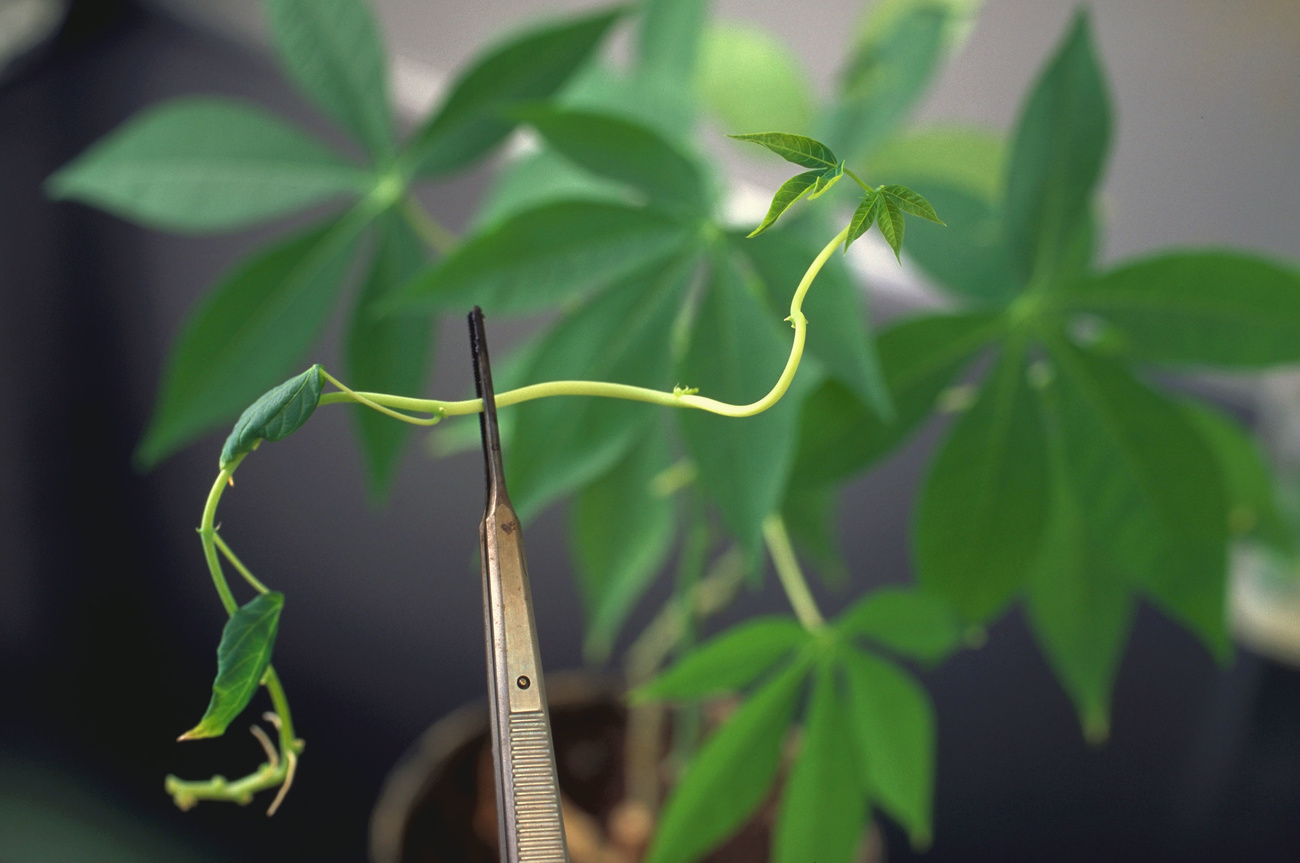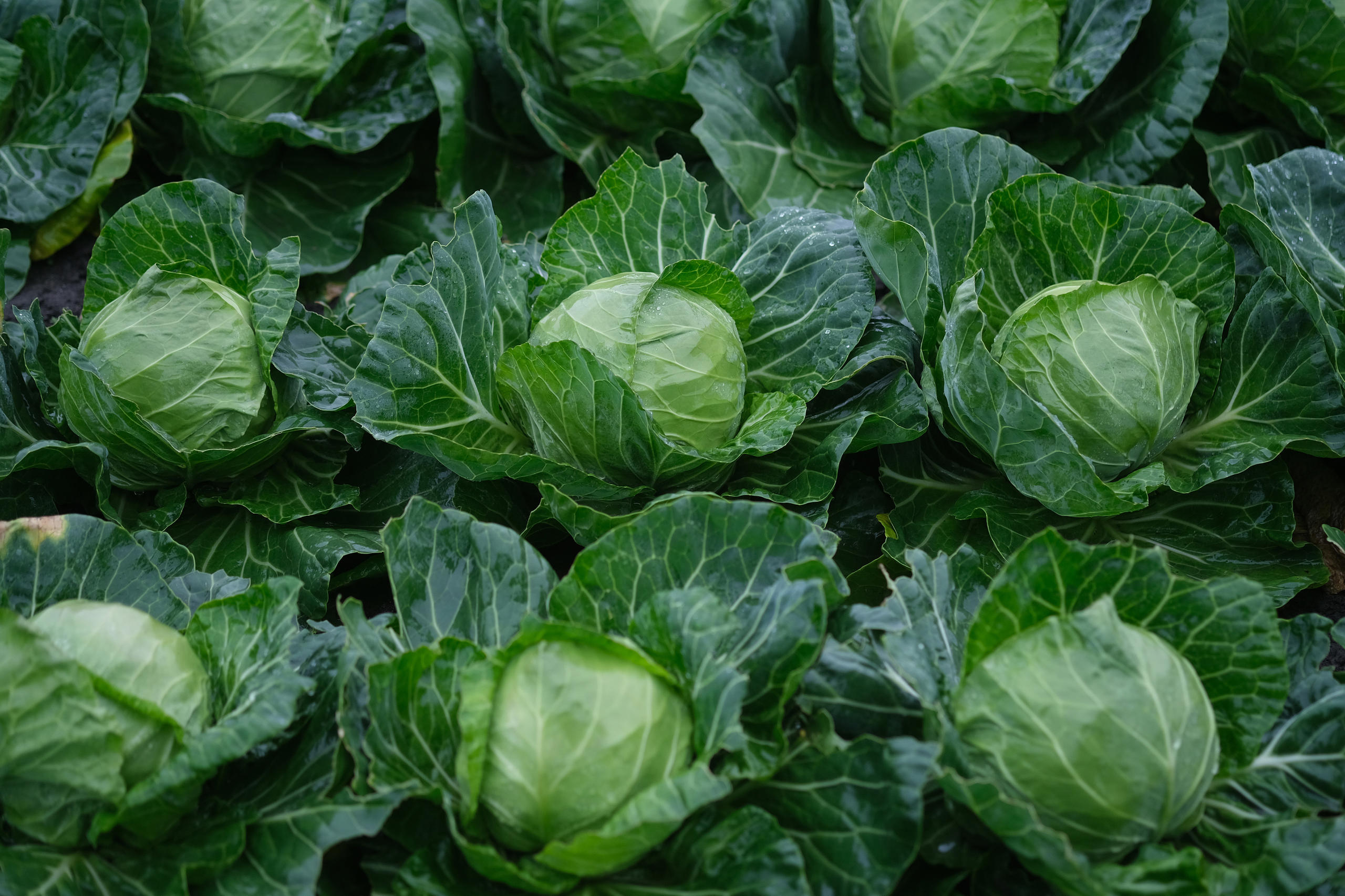
Ethics body unimpressed by crop genome editing claims

Switzerland should devote more energies to reducing the carbon footprint of agriculture than genome editing science, said an influential political ethics body.
The Federal Ethics Commission for Non-Human Biotechnology said techniques like CRISPR-Cas9, a genome-editing tool that alters the DNA of crops, would likely have a limited impact on alleviating the effects of climate change.

More
The seed revolution is coming
Genome editing has been used successfully around the world to engineer animals and crops that are resistant to disease.
Advocates of the science believe CRISPR could help cushion the problems of climate change with improved plant breeding methods and by producing greater crop yields.
But the ethics commission report, released on Monday, said efforts should instead focus on reducing greenhouse emissions and water usage of agriculture in Switzerland.
The commission called for a reduction in the number of farm animals and an increase in the amount of plant-based food.
An alliance of food retailers and farmers, called ‘Varieties for Tomorrow’, expressed its disappointment with the report, calling for regulatory approval for new plant breeding methods by 2024.
The Swiss Farmers’ Association said that the number of farm animals has declined by 20% in the last 40 years, including a 25% reduction in cattle.
Switzerland has imposed a moratorium on genetically modified organisms until 2025, but parliament is open to making some exemptions to the ban if they add value to agriculture, consumers or the environment.

More
Genome editing’s patent problem fuels concern for the future of food

In compliance with the JTI standards
More: SWI swissinfo.ch certified by the Journalism Trust Initiative



























You can find an overview of ongoing debates with our journalists here . Please join us!
If you want to start a conversation about a topic raised in this article or want to report factual errors, email us at english@swissinfo.ch.